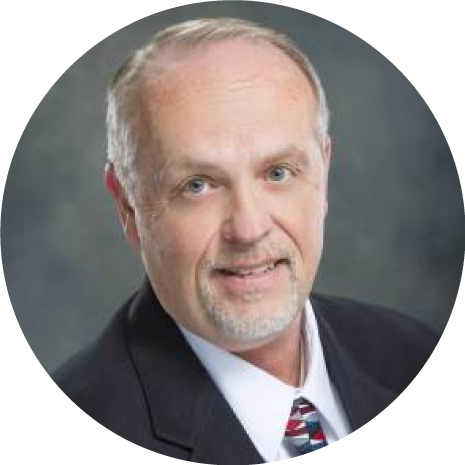As a leader in real recovery, BHG’s culture of compliance is about more than holding people accountable to ethical standards in a safe, no-retaliation environment. It’s also about identifying and solving problems together that strengthen the health of our company, patients, and industry.
Recently a new counseling supervisor noticed some individual team members didn’t have the credentials to work independently and bill for those services. Instead of investigating it on his own, he reported it to his Program Director who looped in the Regional Director who brought in outside investigators. As a result, we found that he was correct and the services delivered were legal and ethical, but they couldn’t bill for them unless they were enrolled in supervision specific to their learning path. During this time, the payors also conducted an audit and they didn’t even catch it. We discovered a problem and mitigate risk for our organization by reporting it to the payors and returning the funds to them for which we had inappropriately billed.
We spend a lot of time auditing, but it’s helpful when you raise concerns so that they can be investigated and resolved. This is a great example of saying something when you see something you suspect is non-compliant or unethical. This not only builds trust within our company and with our patients, but it also strengthens trust with our payors.
Keep the momentum going
Over the past couple of years, we’ve seen great momentum in the use of internal reporting mechanisms, most specifically the Ethics Hotline. Since 2018, we’ve seen an increase in hotline calls which speaks to our commitment to transparency and collaboration between programs and compliance leadership.
The Ethics Hotline is available 24/7 for anyone — staff, patients, vendors and the community — to anonymously report a concern. We pay an outside company to manage and investigate claims so that we make informed, non-biased decisions. We remain objective, listen and look at things from different perspectives so that we completely understand what has occurred. There are times when people file an ethics complaint and we learn nothing was done unethically, it just appeared inappropriate. Sometimes we don’t find anything wrong, but the open, trusted lines of communication help us refine our training, update our policies and eliminate confusion.
We are seeing positive change in some programs that a year or two ago were struggling around compliance, specifically DEA monitoring. One of our large treatment centers had repeat DEA survey findings but because of the processes we put in place, our most recent DEA follow-up in that program had no material findings.
Another good example is how we moved through the pandemic shut-down. Daily we were finding our way through first-time circumstances where counselors had to work remotely and see patients in person less frequently. To be ready for these needed changes, many patients received extra take-home medications which helped to keep large groups of patients out of the center making physical distancing possible. Together, we learned through the missteps along the way, kept policies updated and provided the best possible care for our patients.
What you can do
Your voice and having a healthy, ethical environment in which to work matters. The care we provide our patients and families is far too important not to speak up when something seems off. Here’s how you can help BHG focus on continuous improvement.
- When in doubt, raise your concern. The Ethics Hotline or a phone call or email to your director, me or Jaime McGuire is a safe, trusted way to report possible issues.
- Don’t take an investigation into your own hands. There is real risk in not following protocols. It’s important that individuals don’t feel compelled to start their own investigation because they think that’s the only way someone will listen.
- Encourage patients to speak up. I’ve had difficult discussions with patients who don’t report potentially unethical behavior because they think no one will believe an addict. Let them know your focus is that they’re in treatment and you will listen to their story because the quality of their care matters.
Please reach out to me any time if you have ideas, questions, or concerns. Thank you for all that you do to help us cultivate a best-in-class culture of compliance.

